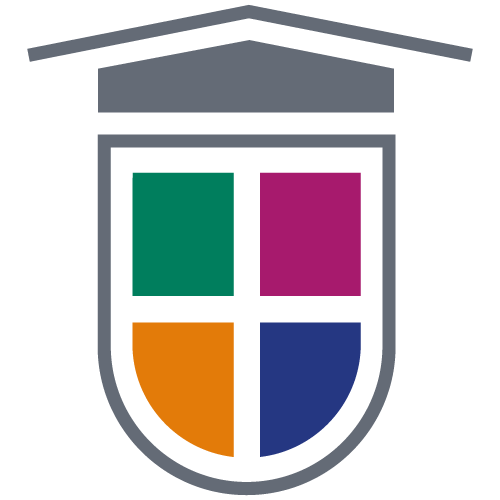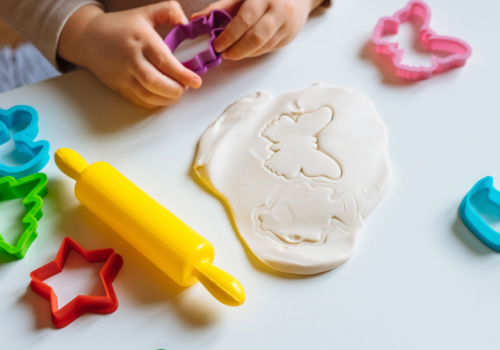Getting enough physical activity affects more than just children’s bodies. When little ones move and…

Important Information Parents Should Have About Their Child’s Pre-K
According to Research.com, there are currently 32,461 private schools throughout the United States. As a parent, you may consider sending your little one to one of these schools for pre-k. This is an exciting milestone, but it’s normal to have some worries, too. To help you prepare, here is some key information to keep in mind before your child starts at a private preschool program.
What Can You Expect Developmentally?
As your child starts pre-k between the ages of one and five, there are some typical developmental milestones you can anticipate. At this age, most children begin to move past parallel play into cooperative play. Your toddler will likely start actively engaging with other children by sharing toys, talking, and participating in group activities.
You can also expect to see them developing self-help skills, like putting on their shoes and coats or helping tidy up at home. Thanks to their budding independence, expect to see natural developments of new personality traits. Look for these changes as they begin their private pre-k program!
What Type of Curriculum Is Used?
Be sure to explore curriculum options. Quality preschool programs emphasize play-based learning instead of rigid academics. Look for concepts taught through games, interactive activities, singing, story-telling, and manipulation of objects. This immersive style helps build essential skills through experiential discovery rather than dull worksheets. A pre-k rooted in play equips young learners with extended focus abilities that are necessary down the road.
How Can You Support Your Child’s Learning?
Preschool introduces (through hands-on activities) essential early literacy and math skills such as letter recognition, phonics, numbers, counting, and shapes. However, you still play a key role in reinforcing these concepts at home. Make reading together a daily habit, let your child pick and count fruits and veggies on your trip to the grocery store. Overall, make sure to keep it interactive and fun! The more exposure your child has to make these early connections, the stronger their foundation in early literacy and math. Another way to support your child’s learning is by creating home-school connections by offering to volunteer in your child’s classroom or encouraging your child to tell you about their school day while looking at pictures of the activities together. Quality preschools use applications and platforms to send home daily pictures and reports.
The beginning of pre-k marks an exciting shift into formal early education. Armed with age-appropriate expectations, ideas for supporting learning, and tips for monitoring their experience, you and your little one can make the most of it. Before you know it, you’ll have a thriving kindergartener in your hands.
If you’re looking to enroll your child in a quality preschool program, we invite you to visit Key Point Academy Coral Gables today!



